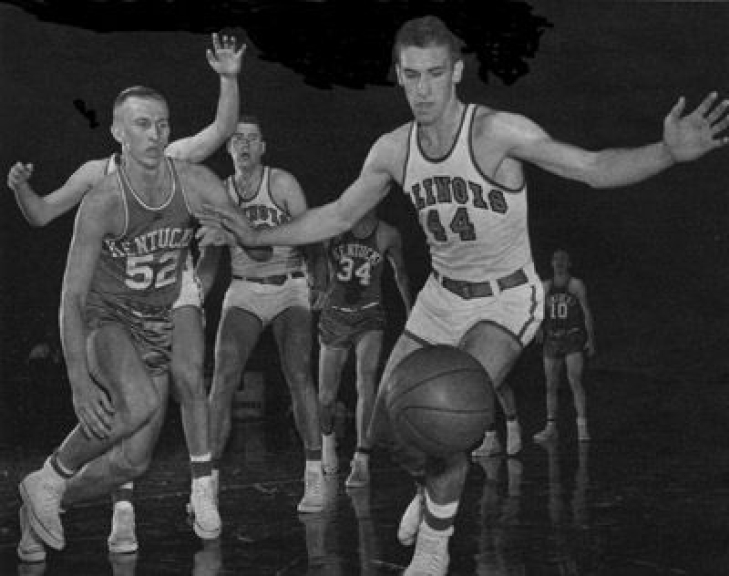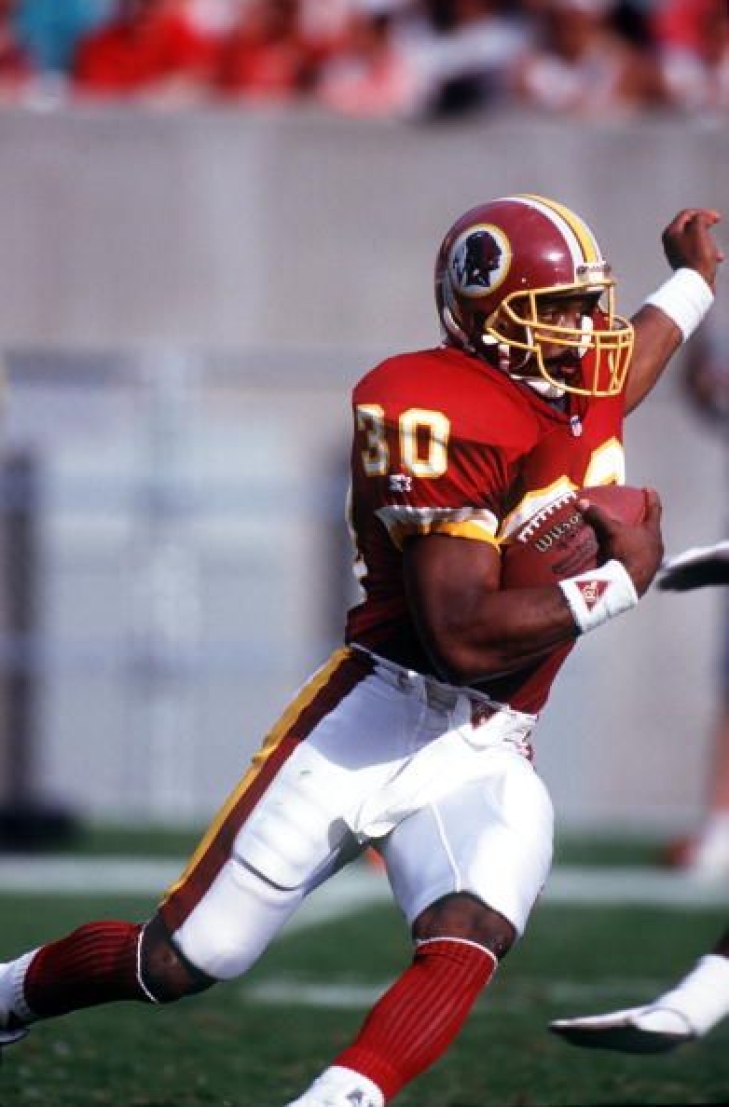
Committee Chairman
Notinhalloffame List Update: 51-60 on Basketball Revised
The problem with running a Hall of Fame-related website is that many of the big ones we cover all have announcements within months of each other. The backbone of what we do is list-related, resulting in a long push to revise what we already have, specifically now with our Football and Basketball Lists.
At present, we have a minor update as we have completed the sixth ten of the 2024 Basketball List, which you can comment on and vote on:
The new 51 to 60:
51. Don Ohl
52. Otis Birdsong
53. Bill Bridges
54. Jeff Hornacek
55. Paul Seymour
56. Glenn Robinson
57. Fred Brown
58. Carlos Boozer
59. Terry Dischinger
60. Marcus Camby
Rankings are impacted annually based on your comments and votes.
Thank you all for your patience. We will soon unveil more changes to the football and basketball lists.
Notinhalloffame List Update: 151-175 on Football Revised
The problem with running a Hall of Fame-related website is that many of the big ones we cover all have announcements within months of each other. The backbone of what we do is list-related, resulting in a long push to revise what we already have, specifically now with our Football and Basketball Lists.
At present, we have a minor update as we have completed the next twenty-five of the 2024 Football List, which you can comment on and vote on:
The new 151 to 175:
151. Brian Mitchell
152. Lomas Brown
153. Tiki Barber
154. John David Crow
155. Byron “Whizzer” White
156. Gene Washington
157. Cameron Wake*
158. Boyd Dowler
159. Mike Alstott
160. Roger Brown
161. Chris Hinton
162. Eric Berry
163. Harlon Hill
164. George Christensen
165. Jimmy Smith
166. Michael Dean Perry
167. Fred Taylor
168. Drew Bledsoe
169. Billy Wilson
170. Wes Welker
171. James Brooks
172. Brandon Marshall
173. Mike Curtis
174. Eddie George
175. Art Powell
*Denotes first year of eligibility.
Rankings are impacted annually based on your comments and votes.
Thank you all for your patience. We will soon unveil more changes to the football and basketball lists.
69. Terry Dischinger
Terry Dischinger was one of the most successful players in Purdue history. He set multiple Boilermaker records and averaged 28.3 Points and 14.3 Rebounds per Game in his three years in the NCAA. His amateur career also saw Dischinger win Olympic Gold for the United States in 1960, and his professional career was also exceptional.
Drafted by the Chicago Zephyrs in the Second Round in 1962, Dischinger brought his cerebral nature to the NBA. His efficient play garnered him three consecutive All-Star appearances, coinciding with his first three NBA years, though they were all in three different cities. The Zephyrys relocated to Baltimore, and in his third year, he was traded to the Detroit Pistons. The 1963 Rookie of the Year was not a dazzling scorer, but he averaged over 20 Points per Game in his first two seasons and 18.2 in his third.
Dischinger’s career was interrupted by military service, and when he came back in 1967, he was not the same player. He returned to the Pistons for five years, scoring less, but still leading by example. Dischinger was traded to Portland, where he played one final year before retiring.
James Hetfield slams the Rock Hall over Motorhead's omission
During a recent appearance on the Metallica Report, Metallica frontman James Hetfield expressed his dismay that the iconic Lemmy Kilmister has not yet been inducted into the Rock and Roll Hall of Fame. In a heartfelt tribute, Hetfield revealed that he had recently gotten a new tattoo, which used Lemmy’s ashes, a permanent symbol of his respect and admiration for the leader of Motorhead.
Hetfield's words were poignant while describing the artwork:
“The Iron Cross and the ace of the spades. Lemmy is able to still fly the bird to the world via me. And just a reminder of what an inspiration he has been in my life – what to do, and what not to do.”
In regards to Motorhead’s exclusion from the Rock and Roll Hall of Fame, Hetfield stated:
“The most rock and roll lifestyle living person on this planet is not in the Rock and Roll Hall of Fame, which is a travesty, a shame. It’s kind of a disrespect to rock and roll, basically.”
In our most recent (though not yet updated to reflect the 2024 inductees and 2025 eligible acts) Motorhead was ranked #17 of those to consider for the Rock and Roll Hall of Fame.





